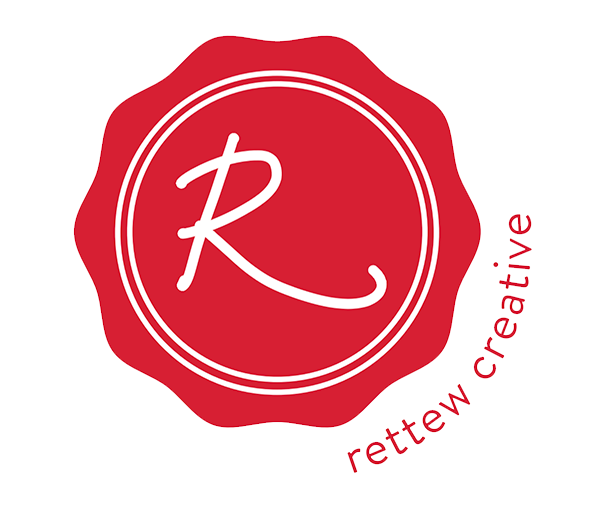Stories Impact Conversations: Angelina Jolie’s BRCA1 Story

Over five years ago, my wife Sarah lost her mother to breast cancer…a very aggressive breast cancer referred to as triple negative, metastatic breast cancer. Her battle was beyond tough, creating many deep conversations and heated discussions after her passing. One of those conversations included the genetic testing for BRCA1 gene mutation.
The term “breast cancer” is one of the biggest marketing engines in the world of large hospitals, cancer treatment facilities, and organizations that raise funds for research. Families of those who lost a loved one to breast cancer even resist the marketing engine behind “breast cancer awareness” including the pink ribbon, cause marketing initiatives, and other marketing engines that leverage the conversation for their own gain.
Sarah is one of those women who has resisted for years not buying anything that uses the color pink to further the organization’s bottom-line. We focus our giving to organizations who can make direct financial for breast cancer research. Sarah even resists the conversation of being tested for the BRCA1 gene mutation. Why?
To many of us, the genetic testing is a no-brainer. But imagine being the daughter of a woman who died from one of the most aggressive forms of breast cancer. Imagine being mother-less on Mother’s Day or even trying to figure out to raise your first child without your mother. Having “the test” is entering pandora’s box of finding out your “death” sentence, then not knowing what to do next. It seems so simple.
For the first time, we have a story that has brought mainstream attention to not only having the BRCA1 test but taking action after the test. Angelina Jolie lost her mother to ovarian cancer close to five years ago. This means “the idea” of being tested has been a part of Angelina’s thought process for some time. We know her mother did not die recently and we know she did not make the decision to have this surgery as a “knee jerk” reaction. She pondered, processed, and prepared for this decision over a long period of time.
Angelina explains in the NYTimes.com OP-ED:
“The truth is I carry a ‘faulty’ gene, BRCA1, which sharply increases my risk of developing breast cancer and ovarian cancer. My doctors estimated that I had an 87 percent risk of breast cancer and a 50 percent risk of ovarian cancer, although the risk is different in the case of each woman. Only a fraction of breast cancers result from an inherited gene mutation. Those with a defect in BRCA1 have a 65 percent risk of getting it, on average. Once I knew that this was my reality, I decided to be proactive and to minimize the risk as much I could.”
It is a huge set of hurdles Angelina faced. First, loosing her mother…then making the tough decision to be tested. After learning that she carries this specific gene mutation, making the decision to have a surgery that ultimately changes her visible appeal. A visible appeal that makes her one the most beautiful women on the big screen. Imagine the series of decisions she had to make. Now we are learning she will further her resolve by having her ovaries removed in the near future.
Her story has become a tangible path for many women to connect. Regardless of how she is viewed…we see the human side of Angelina and how she can empower others to to face this tough decision. Her story has given us language…given us context to frame the conversation.
Stories of courage bring paths of positive movement. These stories pave the way for women to not only make tough decisions but also impact the way women and families view medicine, technology, research, and the power of making healthy decisions.
As a male, it is hard for me to even begin to fathom this decision. But as a storyteller, it brings me tremendous empathy for those women who are faced with this decision everyday.
These are the stories that bring change, advocacy, and hope for the future of health care. May we all have the courage to make tough, healthy decisions that not only impact us personally but those that surround us…including the ones we love.
